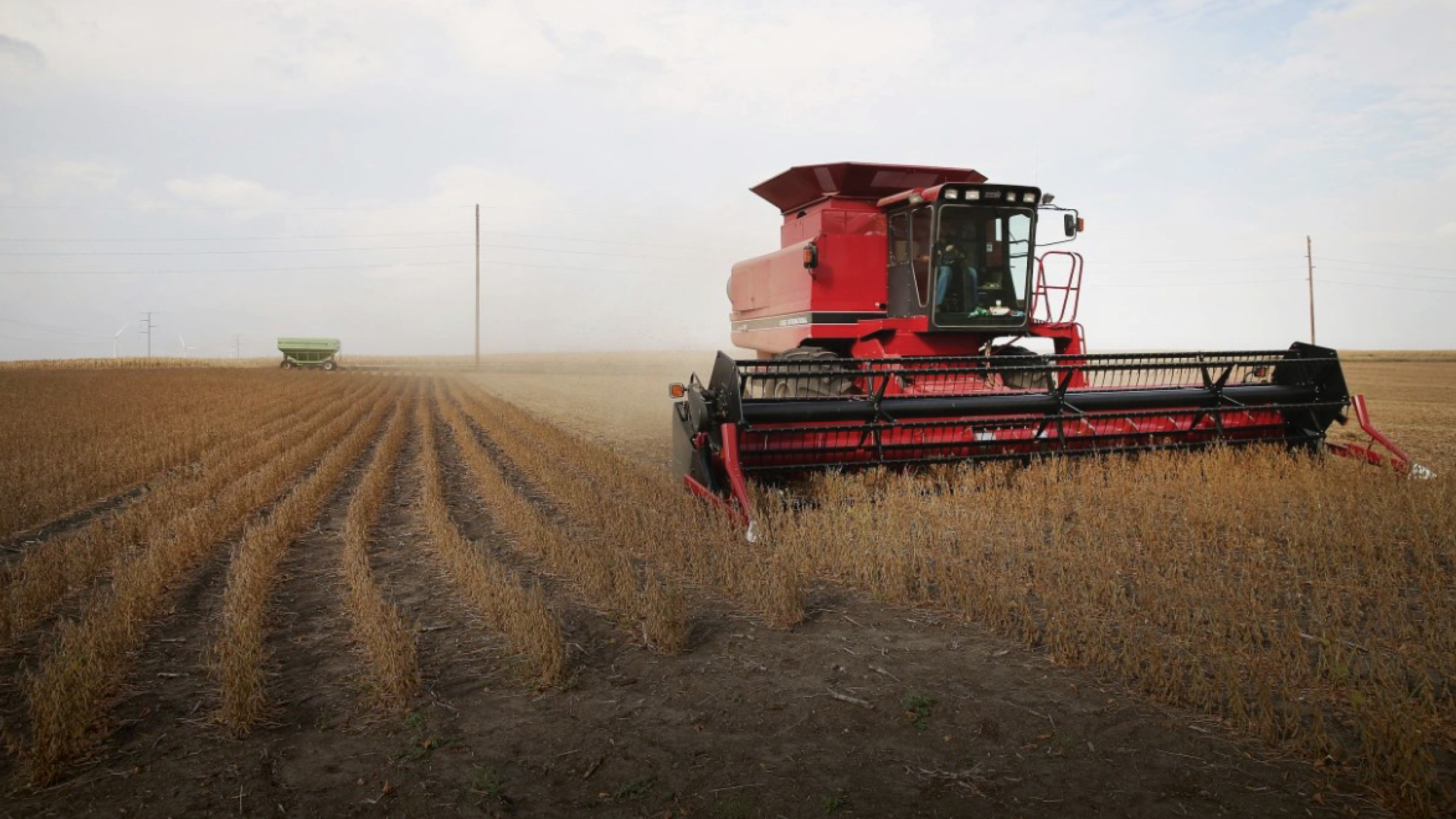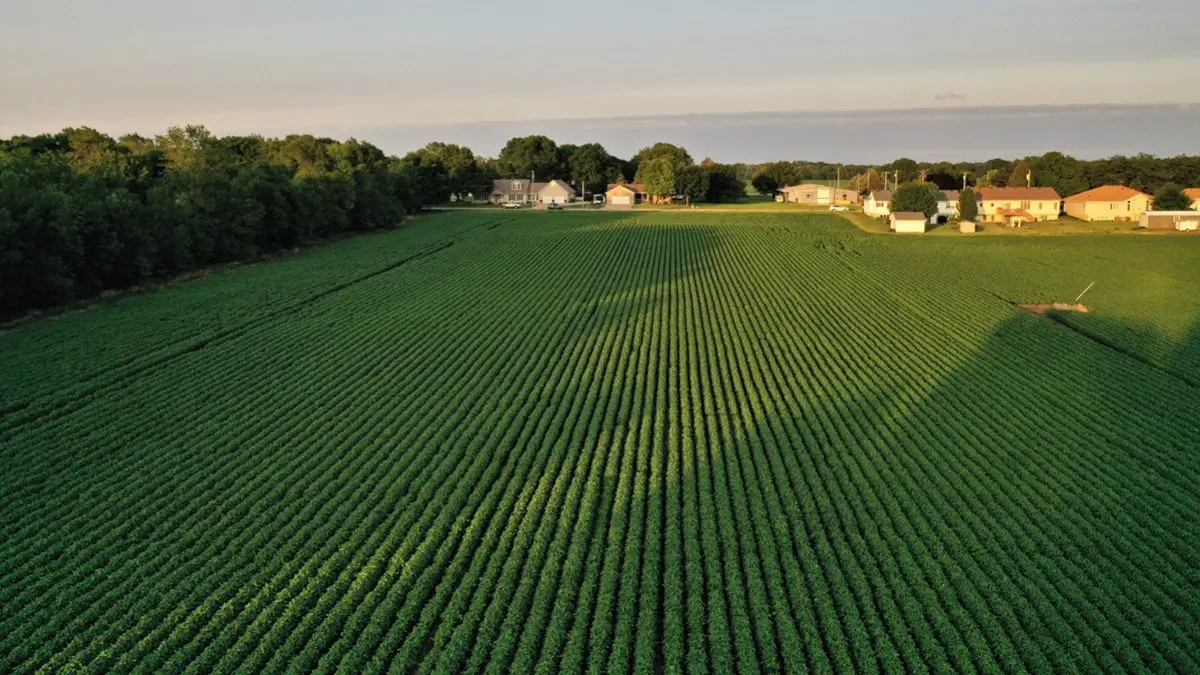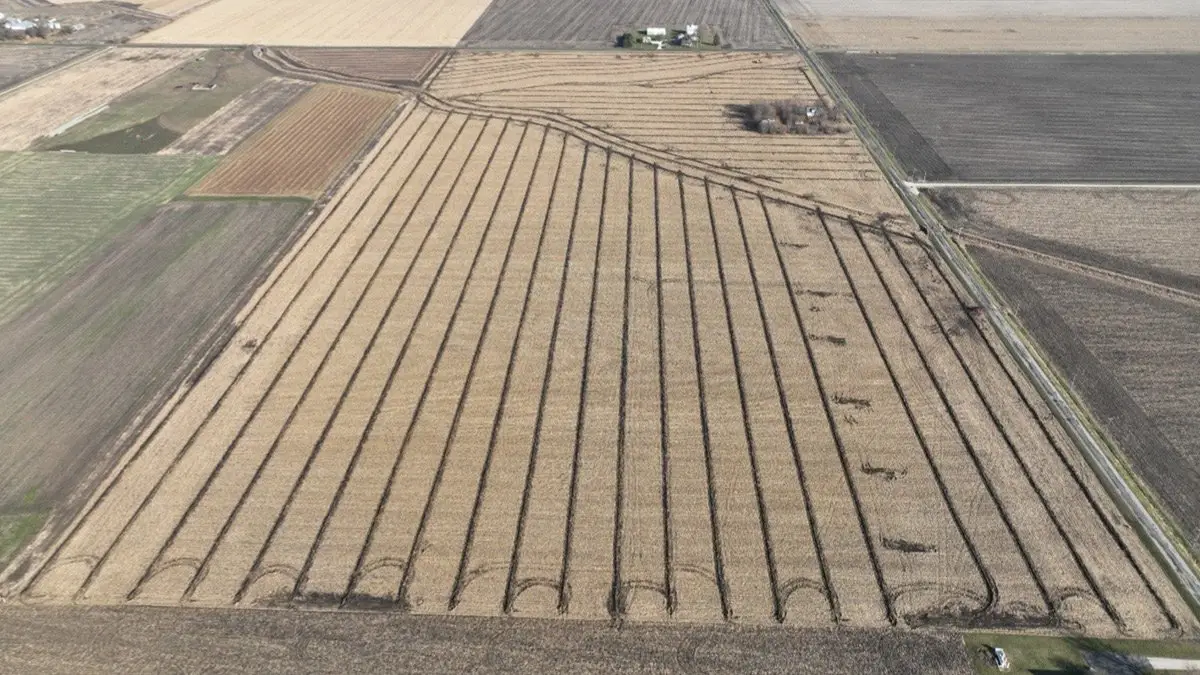
Photo Credit: Scott Olson/Getty Images
Democrat, Republican Team Up to Limit Chinese Purchase of U.S. Farmland
A bipartisan pair of senators hopes to limit China’s ability to purchase farmland in the U.S. and force the U.S. government to consider stripping some Chinese and foreign landowners of their real estate.
In a statement, Sens. Joni Ernst, R-Iowa, and Debbie Stabenow, D-Mich., said they “are taking action as a response to reports of China threatening America’s food supply and posing an even greater national security risk by acquiring U.S. farmland near military installations.”
The senators argue that current U.S. law does not provide enough oversight of which foreign entities are buying farmland and where they are purchasing large swaths of real estate. Read More
EPA Plans WOTUS Rewrite by September
EPA plans to complete a proposed rewrite of the 2023 waters of the U.S. rule on or before Sept. 1, 2023, after a Supreme Court ruling in May essentially struck down the Biden administration rule.
The agency filed a motion to stay an ongoing WOTUS lawsuit in federal court on Monday, telling the U.S. District Court for the District of North Dakota that a rewrite is on the way. Read More
U.S. Lawmakers Float Possible Farm Bill Extension Amid Delays
The U.S. Congress may need to pass a short-term extension of the country's current farm bill, the largest food and nutrition spending package, amid delays drafting the next one, the top lawmakers on the Senate and House farm committees said on Thursday.
The farm bill funds U.S. nutrition, conservation and commodity programs and is passed every five years. The current bill expires on Sept. 30.
Senator Debbie Stabenow, chairwoman of the Senate Agriculture Committee, said "it would not surprise me" if lawmakers passed a short-term extension of the current farm bill, as has happened on occasion with past bills.
"We can't give you a date (for a draft), but we're moving as quickly as we can," she said at an event hosted by Bloomberg Government. Read More
Central U.S. Drought Intensifies, Threatening Grains and Soy
The worst U.S. Midwest drought since 2012 expanded over the past week despite mild temperatures as a lack of rain across the heart of the American farm belt threatened newly seeded corn and soybean crops, climatologists said in a weekly report.
Below-average rainfall and high winds also exacerbated drought conditions in much of the High Plains region from top spring wheat producer North Dakota to the largest winter wheat state Kansas, the U.S. Drought Monitor report showed.
Concerns about the dry start to the U.S. summer crop season and potential harvest shortfalls have sent corn and soybean prices soaring to multi-month highs, although both crops can still rebound with timely rains.
"Much of the (Midwest) region did not see appreciable rainfall. As a result, short-term dryness continued to worsen, leading to widespread deterioration," climatologists said in the weekly report.
As of June 20, 58% of the Midwest was in moderate drought or worse, the broadest area since 2012, the Drought Monitor data showed. Read More
Legislative Rider Directs USDA to Block Farmland Purchases by Four Nations
To foil foreign adversaries, the Agriculture Department should "take such steps as may be necessary" to prevent them from buying U.S. farmland, said the House Appropriations Committee on Wednesday, despite questions about whether USDA has the authority to intrude on sales."This is a very important step," said Rep. Don Newhouse, sponsor of the legislative rider aimed at China, Russia, North Korea, and Iran.
The farmland provision was part of the annual USDA-FDA spending bill that was approved on a party line 34-27 vote at the end of a nearly eight-hour committee session. The Republican majority defeated Democratic amendments to put more money into WIC for fruit and vegetable allowances, to restore a $2 billion fund for financially distressed farmers, and to maintain over-the-counter sales of mifepristone to people with a prescription for it. Read More
Meat World Faces Threats From the Farm to Dinner Plate
There’s trouble on the meat counter.
Food inflation continues to dampen consumer purchases of livestock products, just as farmers struggle with high feed costs or the additional burden of welfare rules in places like Europe and California. On top of that, China, which would typically fuel demand for meat produced in Europe and the US, has curbed its appetite.
That’s particularly painful for pig farmers. In America, they’re losing so much money that some may soon start selling the corn they would normally use to feed animals, according to Smithfield Foods, the world’s largest hog producer. It’s a sign that producers will soon take steps to shrink their herds, with growers losing as much as $80 a head, CEO Shane Smith said.
Vegan alternatives are doing no better. A squeeze on consumer pockets has dented sales just as some are put off by their taste and heavy processing. At the same time, a funding crunch is leading a growing list of startups to shut down, lay off staff or sell themselves to stronger rivals. The great shakeout is here and it’s set to widen. Read More








